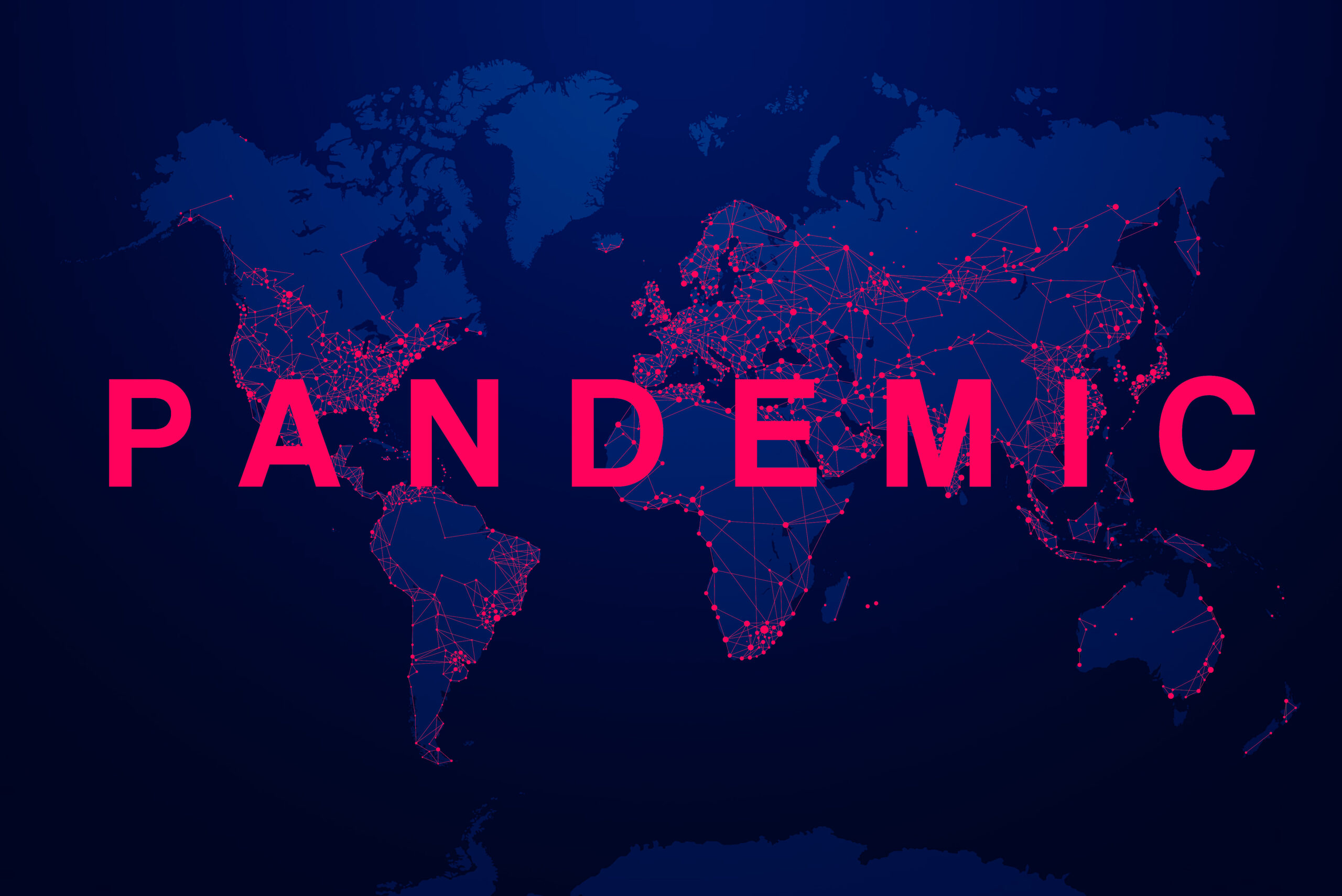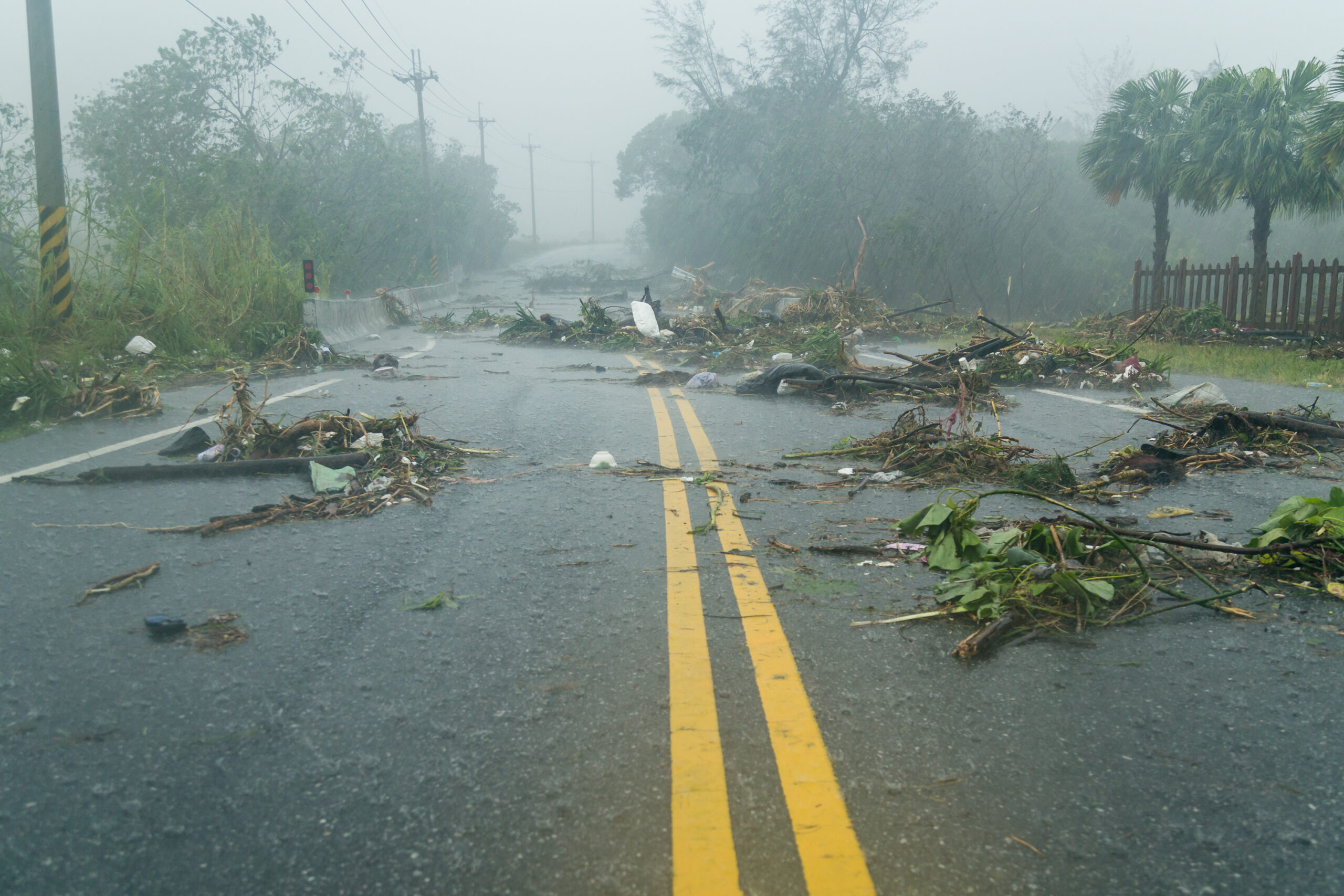A COVID-19 booster shot is a safe, supplementary dose of a vaccine given after the protection provided by the original shot(s) – the primary series – has begun to decrease over time. This does not mean the primary vaccine(s) did not work. Booster shots are administered to remind the body’s immune system about the virus it needs to defend against. This improves or gives the immune system a boost of protection.
A booster is different from an additional dose.
- A booster shot is for persons whose immune response to a vaccine diminishes due to time, which is referred to as waning immunity.
- An additional dose is for those whose immune system response to the initial vaccine series (1-2 shots, depending on the specific vaccine you received) isn’t sufficient to protect against the virus (usually persons who are immunocompromised).
Who is eligible for a booster shot?
In the latest update announced on April 15, 2022, the CDC strongly encouraged that all people over 12 receive a booster shot depending on the timing of the last dose of their primary series, as follows:
- Moderna (mRNA vaccine) The first booster for the Moderna primary series may be administered at least five months after completion of the primary series. The first booster should be an mRNA COVID-19 vaccine (either Pfizer or Moderna) in most situations. Teens 12–17 years old may only get a Pfizer-BioNTech COVID-19 vaccine booster, regardless of their primary series. The second booster, only authorized for immunocompromised individuals and adults 50 and older, can be given four months after the first booster dose and must be an mRNA vaccine.
- Pfizer-BioNTech (mRNA vaccine): The first booster following the Pfizer BioNTech COVID-19 Vaccine primary series may be administered to people 12 years and older if they are at least five months post their initial series. Teens 12–17 years old may only get a Pfizer-BioNTech COVID-19 vaccine booster, regardless of their primary series. Individuals 18 and older should receive an mRNA COVID-19 vaccine (either Pfizer or Moderna) in most situations. The second booster, only authorized for immunocompromised individuals and adults 50 and older, can be given four months after the first booster dose and must be an mRNA vaccine.
- Johnson and Johnson (adenovirus vector vaccine): A single booster dose of the Janssen (Johnson and Johnson) COVID-19 Vaccine may be administered at least two months after completion of the single-dose primary regimen. The CDC recommends all people 18 years and older who received a Johnson & Johnson/Janssen COVID-19 vaccine should receive a booster shot at least two months after receiving their first shot. The second booster, only eligible to adults 50 and older, can be given four months after the first booster dose, but must be an mRNA vaccine.
How many boosters do I need?
The CDC strongly encourages all people ages 12 and older to receive one booster shot. As of March 29, 2022 the CDC recommends immunocompromised individuals and people who are 50 and older to also receive a second booster shot. Eligible individuals can receive a second booster four months after receiving their initial booster. Additionally, those who received Johnson & Johnson’s Janssen vaccine are eligible to receive a second mRNA vaccine four months after their initial booster. Patients should speak with their doctor to address any concerns surrounding a second booster dose.
The mix and match approach – what’s allowed?
The FDA has authorized the “mix and match” approach for booster doses, meaning a single booster dose of any authorized COVID-19 vaccine can be administered to eligible persons regardless of the vaccine series originally completed. This authorization follows extensive research on the efficacy and safety of this approach against other diseases as well as COVID-19. Most recently, a study from the National Institute of Allergy and Infectious Diseases found the known and potential benefits of using a single “mix and match” COVID-19 booster dose outweighs the known and potential risks of their use. A second booster must be an mRNA vaccine – that is, either Pfizer or Moderna.
All of the COVID-19 vaccines currently available in the US – Pfizer, Moderna, and Johnson and Johnson – have a version of a booster shot available.
If it has been five months since an individual who is 18 years or older has completed their primary mRNA vaccine (Pfizer or Moderna) series, they can take any of the available booster shots.
If it has been two months since a person who is 18 years or older has received the Johnson and Johnson vaccine, they can take any of the available booster shots.
If it has been four months since a person who is 50 years and older has received their first booster, they are eligible to take a second booster shot. Only mRNA vaccines (Pfizer and Moderna) are allowed for this dose.
Don’t know which booster shot to get?
The authorized “mix and match” strategy not only allows for convenience and accessibility for those who should receive a booster shot, it is also rooted in the science of safety and efficacy for doing so. If it has been four months since a person who is 50 years and older has received their first booster, they are eligible to take a second booster shot. Only mRNA vaccines (Pfizer and Moderna) are allowed for this dose.
Deciding which booster dose to take depends on your personal health which should be discussed with your healthcare provider and your comfortability with receiving the one available at the time, or the familiarity you have with the series you received originally.
Who should get a booster versus an additional dose?
The CDC recommends an additional dose of an mRNA COVID-19 vaccine at least 28 days after the second Pfizer-BioNTech or Moderna vaccine shot for those who have a moderately to severely compromised immune system (such as chronic lung or kidney disease and cancer). Data suggests that persons with moderately to severely compromised immune systems do not build the same immunity against COVID-19 compared to persons who are not immunocompromised, so an additional shot can help by giving the body the best protection against disease.
To learn more about COVID-19 vaccines and treatments, check out our COVID-19 Vaccines page and COVID-19 Therapeutics page.







